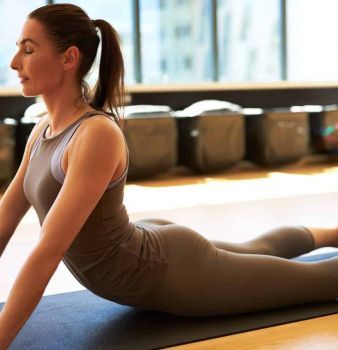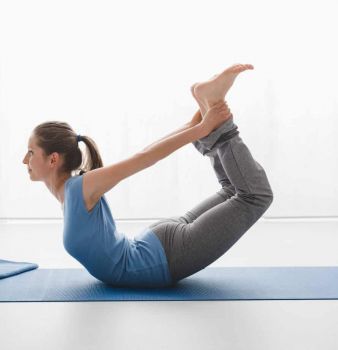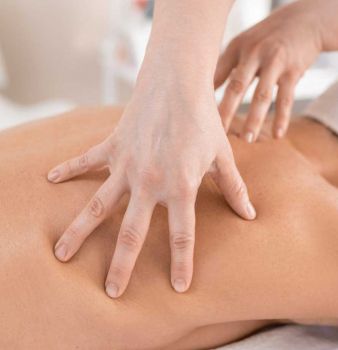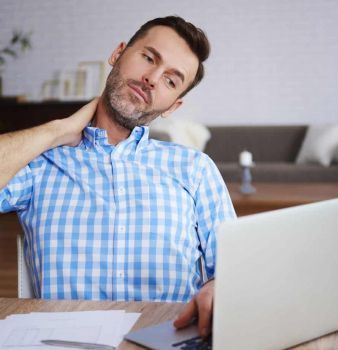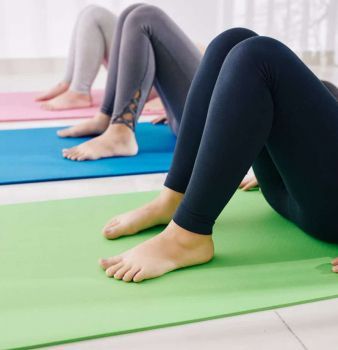This month we explore the big elephant in the room – Urinary Incontinence!!!
What is Urinary Incontinence?
Urinary Incontinence — the loss of bladder control — is a common and often embarrassing problem. The severity ranges from occasionally leaking urine when you cough or sneeze to having an urge to urinate that’s so sudden and strong you don’t get to a toilet in time.
Types of Urinary Incontinence:
– Stress Incontinence: Urine leaks when you exert pressure on your bladder by coughing, sneezing, laughing, exercising or lifting something heavy.
– Urge Incontinence: You have a sudden, intense urge to urinate followed by an involuntary loss of urine. You may need to urinate often, including throughout the night.
– Overflow Incontinence: You experience frequent or constant dribbling of urine due to a bladder that doesn’t empty completely.
– Functional Incontinence: A physical or mental impairment keeps you from making it to the toilet in time. For example, if you have severe arthritis, you may not be able to unbutton your pants quickly enough.
– Mixed Incontinence: You experience more than one type of urinary incontinence.
Causes of Incontinence:
Most incontinence is due to pelvic floor dysfunction involving the muscles around your urethra and anus.
– Hypotonicity (Weak pelvic floor muscles): contributes to stress incontinence, urge incontinence and pelvic organ prolapse. Incontinence is NOT a normal part of aging
-Hypertonicity (Tight pelvic floor muscles): contributes to urinary and fecal urgency, urge incontinence and chronic pelvic pain
Good News:
A physiotherapist with specialized training in the pelvic floor rehabilitation can help! If urinary incontinence affects your daily activities, don’t hesitate to come in and speak to Paolina – our resident
pelvic floor expert. For most people, simple lifestyle changes or
physiotherapy rehabilitation can ease discomfort or even stop urinary incontinence.
We’ll Help Keep You Dry!

